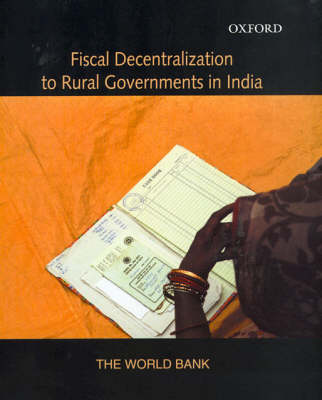This volume presents a case for fiscal decentralization to panchayats. The intent is to strengthen panchayat-level governance and improve the performance and delivery of critical functions assigned to them. The worldwide trend towards decentralization has been accompanied by heated debates on its costs and benefits. While there are some perceived costs in terms of reduced central ability to implement macroeconomic stabilization programmes and possible efficiency losses due to poor local capacity, it has been strongly argued in its favour that decentralization results in better service delivery, popular involvement in governance, and revenue mobilization. Effective decentralization requires the calibration of administrative, political, and fiscal dimensions. Without political decentralization, participatory decision-making is not possible. Administrative decentralization is necessary to implement political decisions, and an important precondition for fiscal decentralization. Efficiency in the delivery of public services depends on administrative efficiency and accountability.
With special focus on rural India, this report uses case studies of Karnataka and Kerala to review panchayat finances and make recommendations for effective governance. To assess rural local government finance in India, it is useful to compare the system with current thinking on a well-functioning intergovernmental fiscal system. Given India's size and diversity, it is not easy to achieve effective representation. Overall, decentralization in India is unfinished: it has put local governments in place but not endowed them with the means to deliver results.
- ISBN10 0195671341
- ISBN13 9780195671346
- Publish Date 1 August 2004
- Publish Status Out of Print
- Out of Print 21 June 2010
- Publish Country IN
- Imprint OUP India
- Format Paperback
- Pages 224
- Language English
